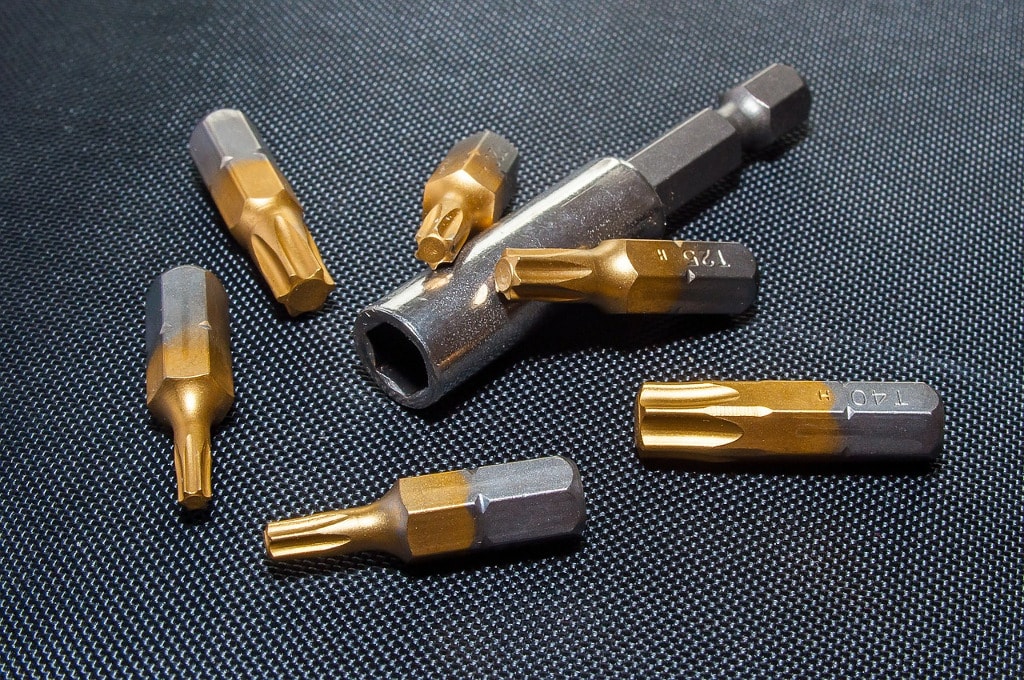ZIMSEC O Level Principles of Accounts Notes: Calculating/Estimating depreciation: The Revaluation Method
- When there are a few big fixed assets it is easy to:
- Ascertain the cost
- Estimate its useful life
- Calculate/estimate its depreciation
- Account for its disposal
- Calculate/estimate profit or loss on disposal
- For each asset because it is worth the effort
- There are times when this cannot be done mainly because
- It would be too expensive to track and account for the depreciation of each asset
- It might even be impossible to do this in some instances for some fixed assets
- A typical example is that of low cost fixed assets which are often bought in large numbers
- For example screw drivers and spanners in a garage or guns in an army
- It would be possible to calculate the depreciation of each screw driver, gun or spanner
- But it would not be worth it, in fact it is quite possible the cost of doing so would exceed the cost of each asset
- In such cases depreciation is calculated using the revaluation method
- The value of all the individual assets is added up
- The cost of additional fixed assets is added to this amount
- Then the value of the assets at the end of the period is subtracted
- The resulting figure would yield the depreciation for the year
| Combined value of assets at the beginning | xxx |
| Cost of assets bought during the year | xxx |
| xxxx | |
| Less combined value of assets at the end of the year | (xxx) |
| Depreciation | xxxx |
- The depreciation figure is then charged into the books
- Double entry for the revaluation method would be as follows:
| Asset Account | ||||||
| Date | Details | Amount($) | Date | Details | Amount($) | |
| 20x6 | 20x6 | |||||
| 1 Jan | Cash/Bank (during the year) | xxx | 31 Dec | Profit and Loss | xx | |
| 31 Dec | Stock c/d | xxx | ||||
xxxx | xxxx |
|||||
| 20x7 | 20x7 | |||||
| 1 Jan | Stock b/d | xxx | 31 Dec | Profit and Loss | xx | |
| 5 June | Cash/Bank (during the year) | xxx | 31 Dec | Stock c/d | xxxx | |
xxxx | xxxx |
- Examples of the method will be encountered during the discussion of manufacturing businesses where they will be dealt with
To access more topics go to the Principles of Accounting Notes.



